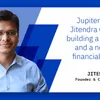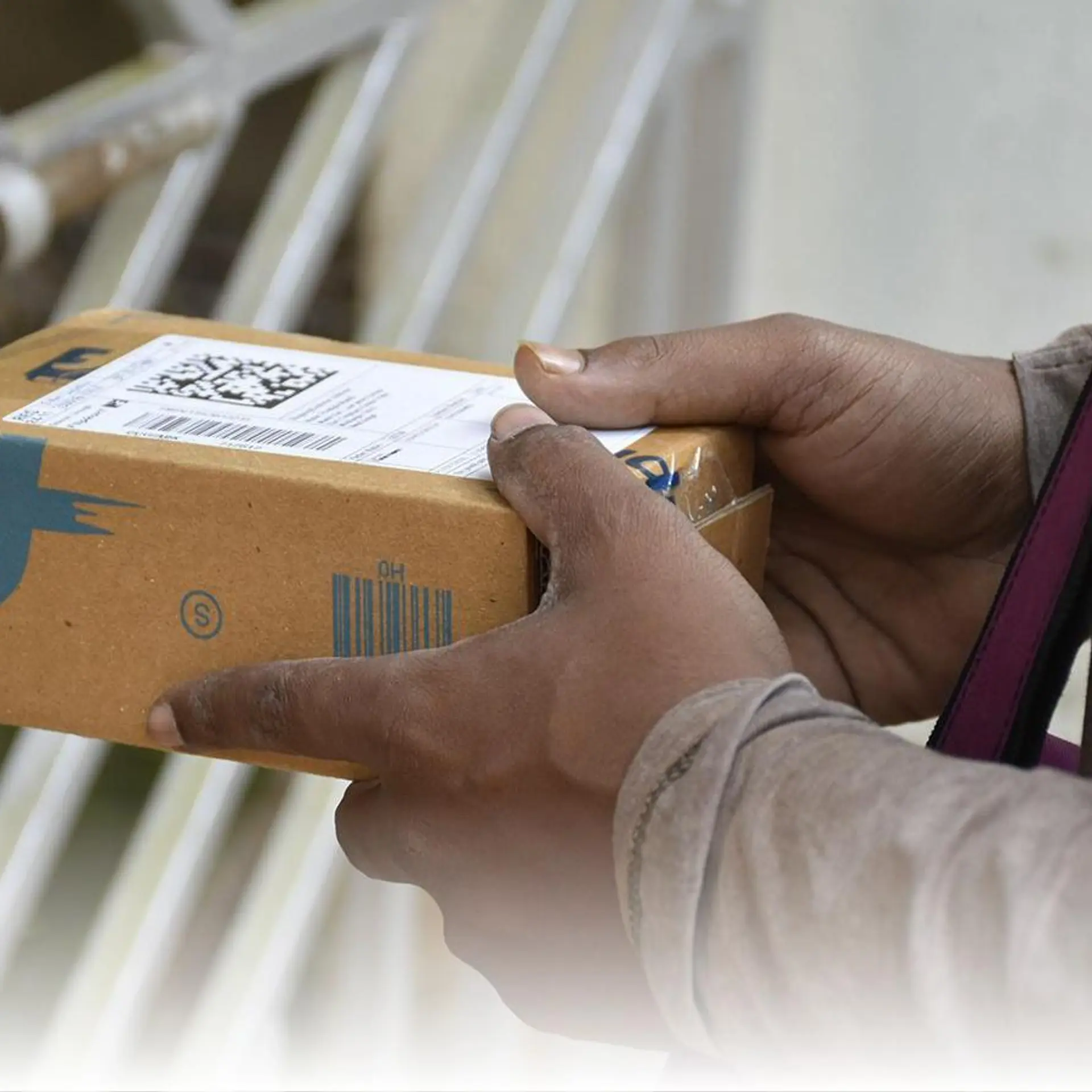Top tech blogger Amit Agarwal on building a global content business for over 15 years
Amit Agarwal has developed projects with the likes of Airbus, LinkedIn, Disney, and even the US embassy. In a conversation with YourStory, the professional tech blogger shares his success secrets, building a global content business from Bharat, and more.
In Agra, the city of Taj Mahal, lives Amit Agarwal, the man who brought professional tech blogging to India. He is also the founder of Labnol, which runs Digital Inspiration, an award-winning tech and how-to website.
However, Amit prefers being called a ‘tech geek’ or a ‘tech writer’ and hates the term blogger, he tells YourStory Founder and CEO Shradha Sharma in an exclusive interview.
A solo entrepreneur who loves the Internet, Amit is building bespoke solutions that use the capabilities and the features of G-Suite to automate business processes and drive business productivity.
In fact, he has developed several popular productivity tools including Mail Merge for Gmail and Document Studio. His Google add-ons have been deployed in some of the biggest companies and universities worldwide with over one million installations.
In 2019, Google awarded Amit the Google Developer Expert title for his G-Suite and Google Apps Script. Labnol has developed projects for the likes of Airbus, LinkedIn, Disney and even the US embassy.
Amit was also one of the earlier developers of a vaccine tracker tool, which he says garnered attention from across the globe.

Building from Bharat
A graduate from IIT Roorkee in Computer Science, Amit started writing about tech in 2004 when he moved to his hometown after working at a corporate in Hyderabad for a couple of years. And there has been no looking back.
At the time, there were no technical or IT jobs in Agra. So, Amit decided to set up a blog to showcase his technical skills. “Initially, it started because I wanted to do something in tech and there were no opportunities in the city. So, this was probably a way to connect with the techie audience,” he says.
The idea was to showcase his work but as traffic on his site picked up, he saw he had visitors from all over the world.
Adding that this growth also had something to do with his first-mover advantage. “I was one of the first ones blogging,” he says, attributing the traffic to unique and useful content. But “consistency is the key”.
So, how has it been, building a brand from a small city? Amit shares that he wanted to stay with his family, which is why he came back to Agra. The location, he says, was never a roadblock to his work “It doesn't matter where you are because of the internet. We are all connected, so that's not a problem,” he says.
The only disadvantage he has felt is a lack of like-minded people to have technology-based discussions. “Sometimes, you just want to discuss something over coffee, which is not possible in this city,” he says, “But this is a very small disadvantage.”
A problem-solver at heart, Amit is trying to fix that by building a local community of people interested in discussing all things tech through various efforts, such as Clubhouse discussions.
Running a one-man show
All these years, Amit has run Labnol on his own. While agreeing that a team would have probably helped the company grow more, he is ‘satisfied’, adding that he never thought of growing a team.
However, this was not a conscious choice — he has just been ‘too busy with work’.
“I don't have a very business mind; I am more focused on building stuff and releasing it to the public. I am not very focused on marketing all these things. So, if I had that inclination towards business, things would have been a little different but no regrets again,” he says.
While a Google search will tell you that the blogger earns over $60,000 per month, he laughs and says it is far lower. “These numbers are probably estimated against traffic numbers from sites like Alexa, but it is far, far from the truth.”
While crediting his success to passion and consistency, Amit adds that passion alone is not enough, “because you have to feed your people, secure your future, and so on”.
What drives him is a mix of passion, recognition, and sustainability. “If I am really passionate about something and I keep writing, it's just giving me satisfaction but it's not paying my bills,” he says.
However, if it were purely financials, he adds that it would have been very difficult to sustain, “because if you're not enjoying something you cannot do it for so long…there has to be a balance”.
“I still want to work on my website and make something, and this is driving me all these years,” says Amit. It has been more than 16 years but he is still as passionate as Day 1. “I really love what I am doing. I do not see that as work, I see that as my hobby and it's just like getting paid for your hobby.”
Content, consistency, uniqueness
According to Amit, his focus is always on how building content that is useful for others. For instance, he created a Google form to log and track his son’s studies.
“I found it useful so I thought other people would also find it useful,” he says. Google applications are his primary focus because the company has a wide array of applications that can fit every technology workflow, he adds.
Sharing his work process, Amit says he usually goes by whatever comes to his mind that seems useful, adding that while he does keep a notebook to jot down ideas, he seems to never actually refer to it.
To people who want to start blogging or are novice bloggers, he says authenticity is key. Do not pretend to be something on the internet and focus on stuff that you know and have expertise in, he adds.
Emphasising on strong ethics on the internet, Amit says, “If you have been paid to do something, always disclose it,” because strong ethics will only help a blogger gain a loyal base.
Lastly, be consistent and unique, he says. Speaking about his experience in blogging communities and seeing many blogging sites that seem to have been abandoned, he says that success takes time.
“Probably, the writer lost interest or there was nothing more to be written in that space or there was no push motivation to continue. So, people abandon it, and this is a very big problem because success and traffic are not built in six months; it takes a lot of time.” signs off Amit.
Edited by Saheli Sen Gupta



![[YS Exclusive] How this Bengaluru-based blogging startup got Silicon Valley investor Naval Ravikant to invest in it](https://images.yourstory.com/cs/2/a9efa9c02dd911e9adc52d913c55075e/Imagei8n5-1608463773406.jpg?fm=png&auto=format&h=100&w=100&crop=entropy&fit=crop)






